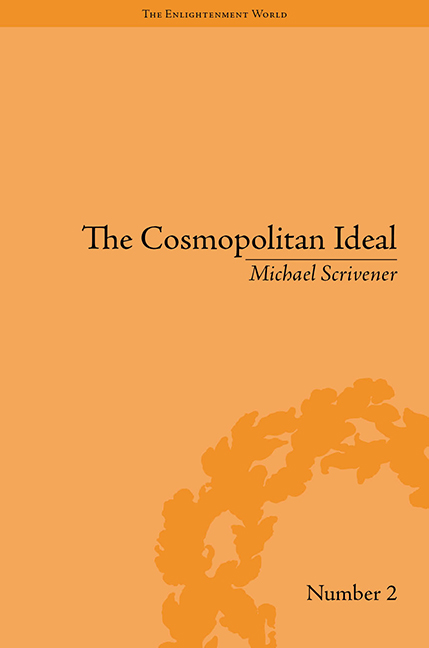4 - Writing Against Slavery, Race and Empire
Summary
Introduction
The Enlightenment, which provided compelling arguments against slavery, also developed the theory of scientific racism that justified the expansion of empire, especially the conquest of Asians, Africans and native Americans. Slavery, race and empire were conceptual and political opportunities for developing cosmopolitan departures from current ideas and practices, departures that are evident in the pages of the Analytical Review, Equiano's Interesting Narrative (1788), two plays by John Thelwall (Incle and Yarico (1787) and The Incas (1792)) and his remarkable novel, The Daughter of Adoption (1801). These texts do not comprehensively cover the topics of slavery, race and empire nor does the chapter attempt any such coverage. My justification for the chapter is that these texts have not been examined in terms of cosmopolitan ideas and that none but Equiano's Interesting Narrative has received much critical attention of any kind. If the chapter advances the discussion of cosmopolitanism in relation to these not inconsiderable topics, the chapter will have earned its existence.
That slavery became a major political point of contention in the eighteenth century – and not before then – provokes David Brion Davis, prominent historian of slavery, to remark that the new development was ‘momentous’ in terms of the evolution of morality. Discussing slavery in terms of morality is in itself contentious because economic explanations of slavery and its abolition seem to have more currency now as scholars are rightly sceptical of anything appearing to be self-servingly ‘idealistic’. Eric Williams and Walter Rodney, for example, look askance at the moral explanations for slavery's abolition, attributing the dismantling of slavery to its being unprofitable in relation to the more efficient free labour of the Industrial Revolution – whose ‘take-off ’ was funded by the proceeds from slavery – and the exploitation of colonies. Robert William Fogle and Stanley L. Engerman argue on the other side of the economic analysis, claiming that slavery in the American South was in fact enormously profitable well into the nineteenth century.
- Type
- Chapter
- Information
- Publisher: Pickering & ChattoFirst published in: 2014



